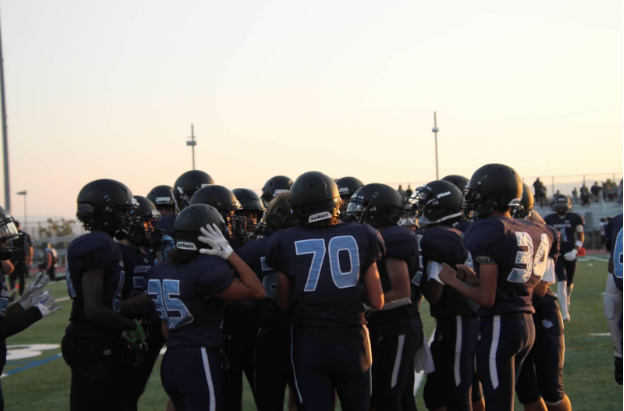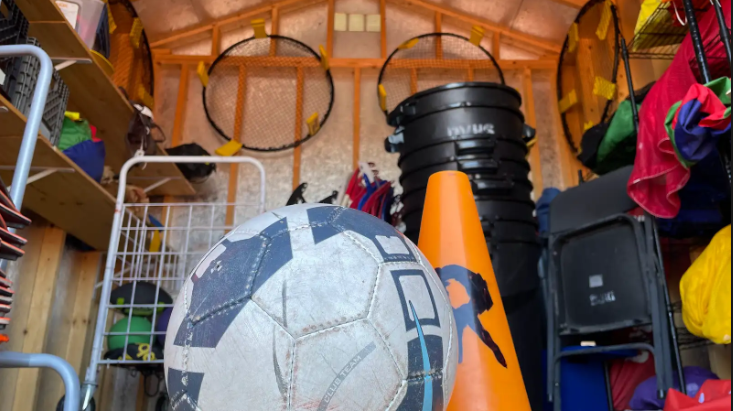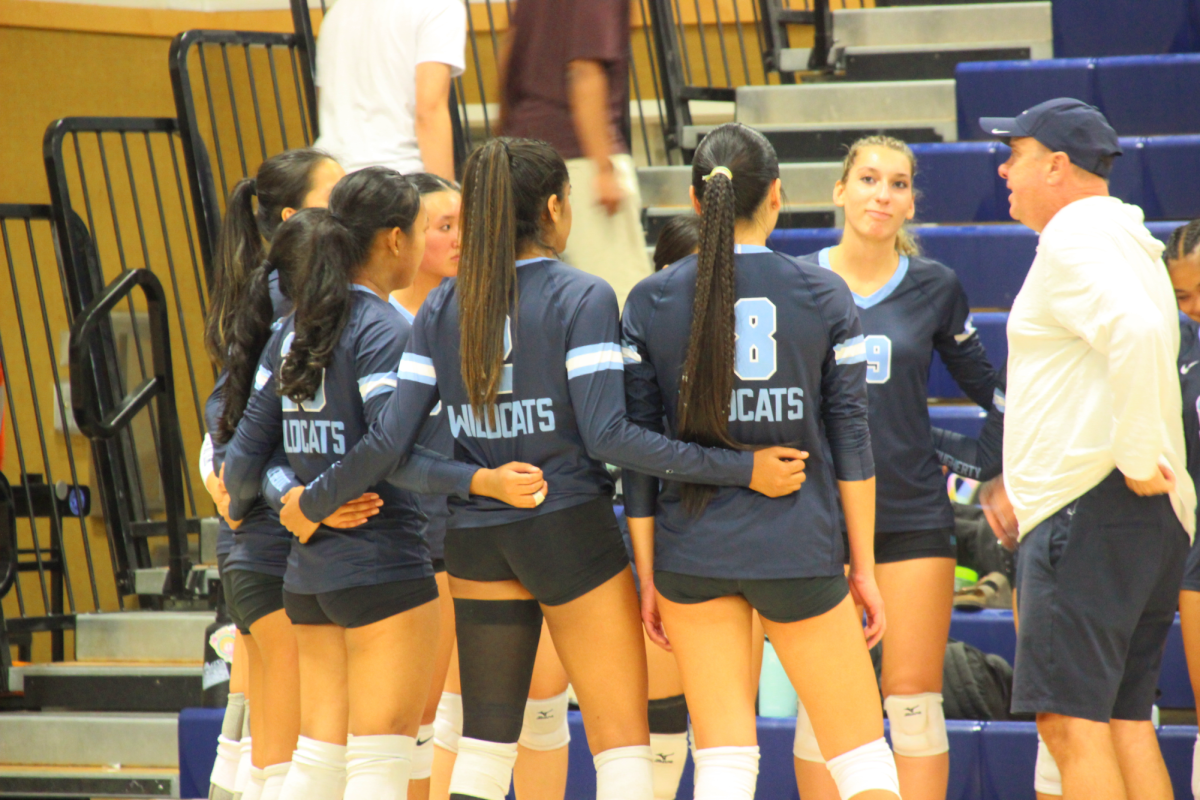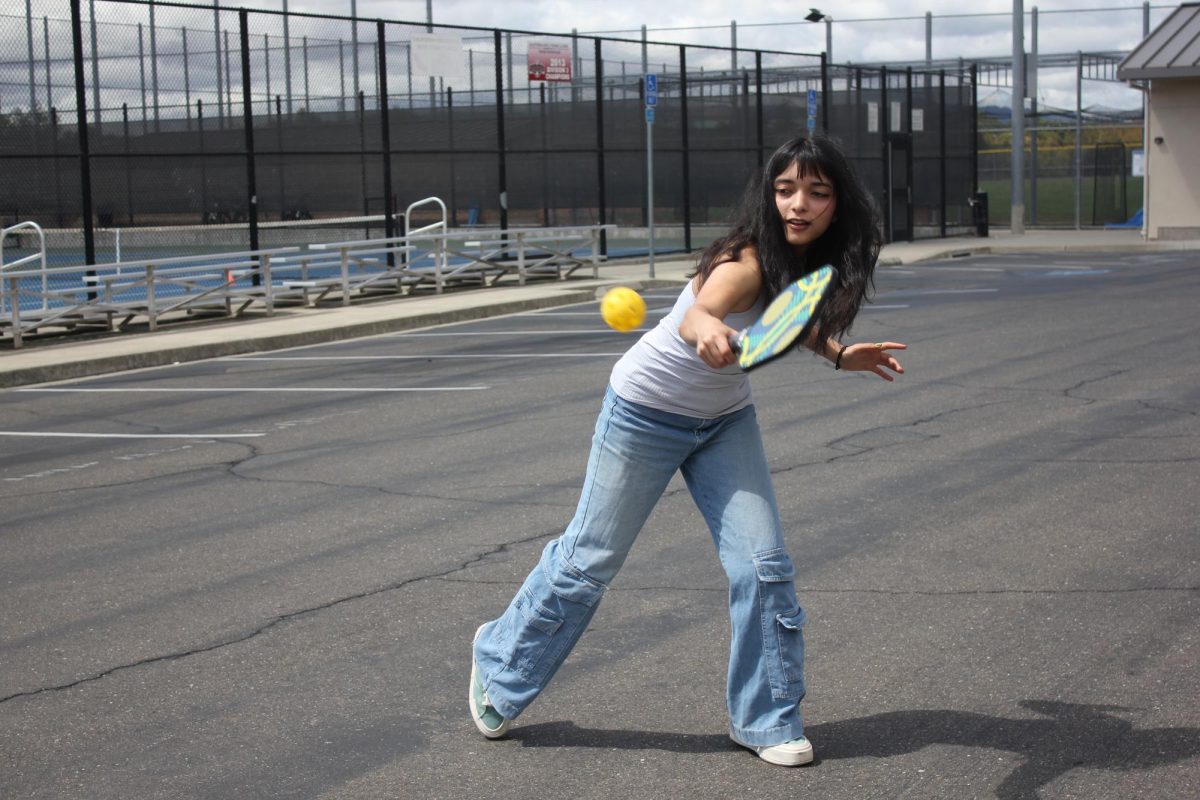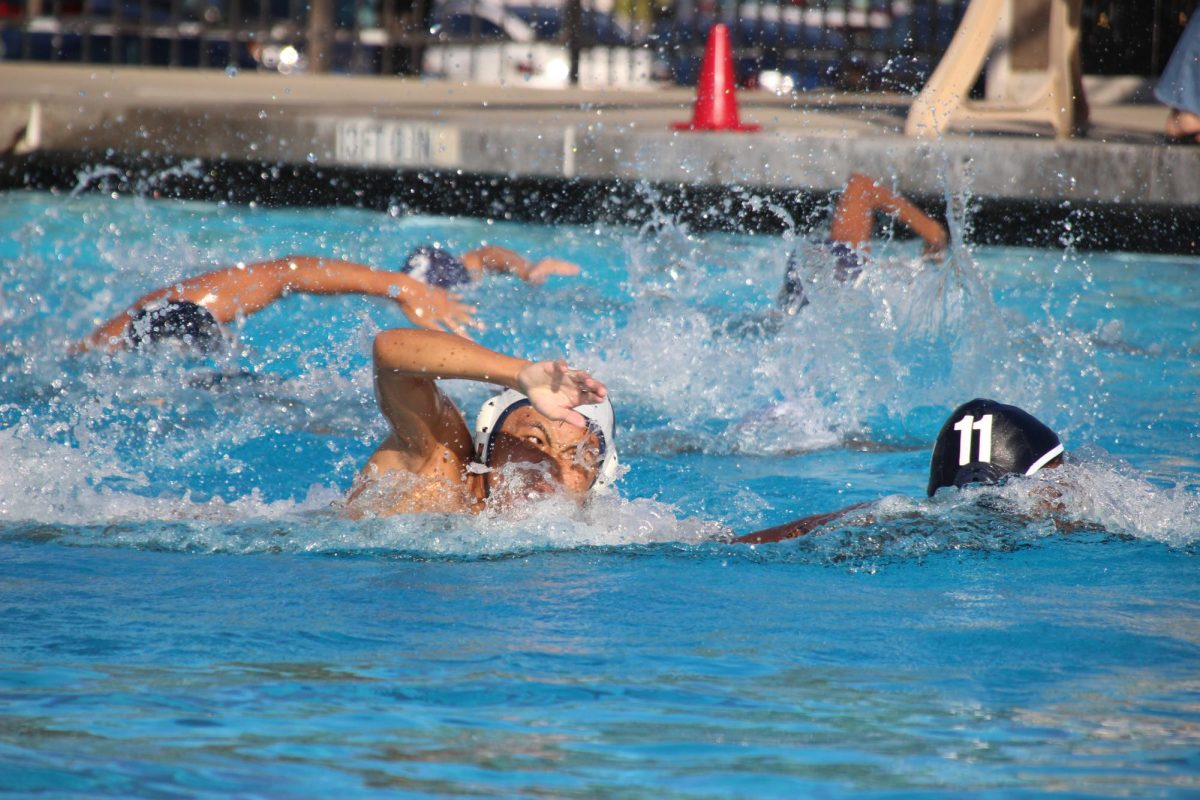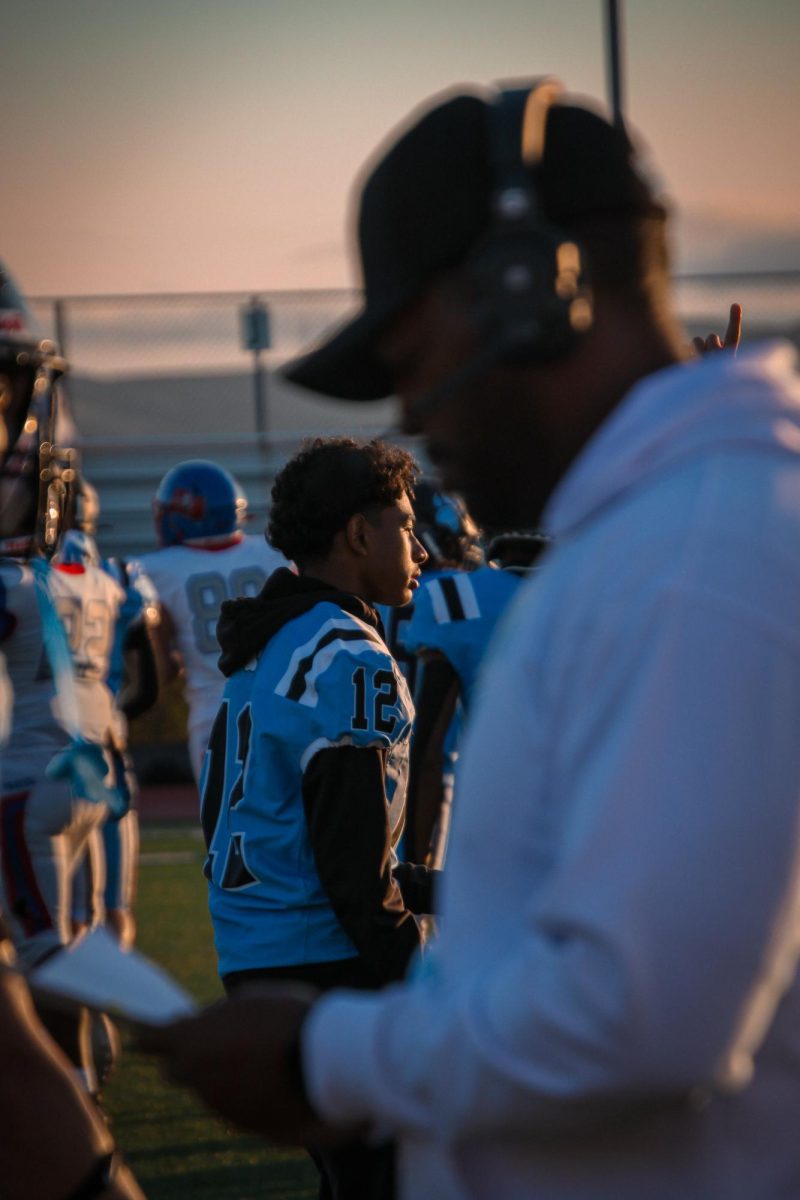The SRVUSD district requires student athletes to obtain at least a 2.0 GPA in order to be eligible to participate in any athletic programs. If you manage to fall underneath that percentage, you are immediately cut from whatever sport you participate in. For the overwhelmed student athlete, falling behind is something that is always on the top of their mind. The problem of athletes falling behind in their academics has proven especially true for DVHS’s football program in the past. To prevent this from happening again this year, Coach Carlos Jimenez, head of JV football, asks his athletes that require extra help to join him Wednesday mornings for extra academic support.
By taking actions such as talking to teachers, making sure missing assignments are turned in, and grades are good, Jimenez ensures his athletes are maintaining the minimum GPA. Even if they’re not at risk of academic probation, athletes are still encouraged to join Wednesday morning support for any extra help they need.
Aneesh Marichetty, JV football team captain, stresses the importance of this support system especially since last year’s cut off date took an immense toll on the team dynamic. “We had some of our best players go down last year. You put in all that work for spring ball, weights, summer camps – then you get [into] your season and they tell you that you can’t play. One of the worst feelings an athlete can have.”
Freshman year, the team had to drop approximately five starting athletes due to academic probation. After the implementation of academic support, the team has not had to drop any athletes, showcasing the effectiveness of the program.
Having Coach Jimenez’s program as a resource for academic support has served as a personalized process for students who are struggling. “You really feel that family bond.” states Marichetty, “Everyone has each other’s backs.” Marichetty adds.
The life of a student athlete tends to weigh on certain students, which was the main cause of last year’s loss of players, describes Marichetty. A typical day includes the added pressure of being able to work on assignments late at night, regardless of fatigue, and balancing that with preparing for upcoming games. He explains that it’s typical for some kids to have a tougher time in class especially when they’re also under the stresses of their day to day life, managing school and sports while also dealing with personal life and family. With football being five days out of the week, doing the same thing day to day takes a toll. Marichetty states that having under a 2.0 GPA doesn’t mean there’s a lack of effort, but just a need for external help, which can now be found through this morning program.
He believes that every student has the right to participate in their sport, and that there are valuable lessons he’s learned from football that have changed his life. “There’s countless things I could tell you that I never experienced till I met coach Carlos and played football. Life lessons and things that I know are going to help me more than getting an A on my test.”
Parsa Mahyari, JV football player, shares how the team’s perspective of the GPA requirements isn’t negative, if anything, they’re understanding. Although some athletes worry, it all comes from a place of trying to stay above the requirement. “And that’s part of the lessons that we’ve learned from football, lessons that our coaches teach us. Instead of complaining about it, do something about it.” Mahyari adds.

